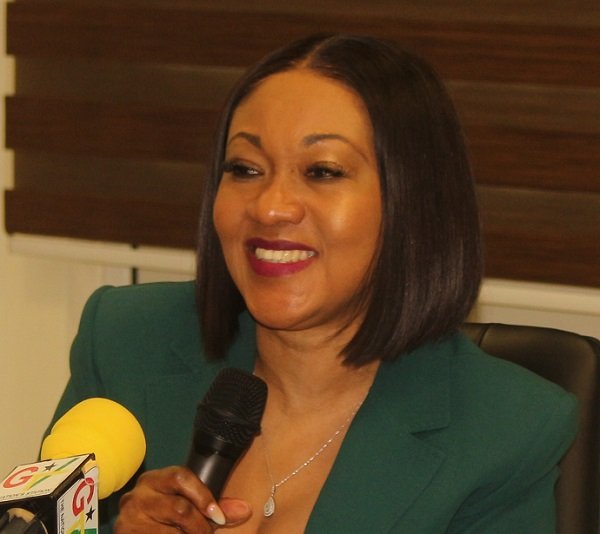The Electoral Commission (EC) has announced the resumption of presidential ballot paper printing, following the earlier suspension after the sudden death of the Ghana Freedom Party (GFP) presidential candidate, Madam Akua Donkor.
The EC Chairperson, Jean Mensa, disclosed these in an update on the latest developments surrounding the GFP candidacy and the ballot paper printing.
The GFP recently submitted nomination papers for Mr Philip Appiah Kubi to replace the late Madam Akua Donkor as their presidential candidate.
However, after reviewing the documents presented on November 5, 2024, the EC found that Mr Kubi did not meet the required qualifications.
As a result, the EC has disqualified him from contesting in the upcoming presidential race.
Despite the changes within the GFP, the EC clarified that the positions on the presidential ballot paper will remain unchanged.
This decision follows guidance from Sub-Regulation 5 of Regulation 10 under Constitutional Instrument (C.I.) 127, which allows the inclusion of a candidate’s name on the ballot if a candidate dies or withdraws after ballot printing has begun.
Although Ghana’s 1992 Constitution and C.I. 127 do not specifically outline actions in the event of a presidential candidate’s death, the EC has indicated plans to work with other stakeholders to amend these regulations after the 2024 elections.
This move aims to ensure clarity and a smoother electoral process in such situations.
The opposition National Democratic Congress (NDC) also showed appreciation for recent actions taken by the EC.
On November 6, 2024, the EC provided summaries of the Voters Register to all political parties, including the NDC.
The NDC has since requested to retrieve the external hard drive containing the full Voters Register, which they had initially declined.
The EC’s latest decisions reflect its ongoing effort to manage unprecedented challenges and maintain a transparent and orderly election process as the December 2024 elections approach.
The updates underscore the importance of cooperation among political parties and stakeholders to adapt and strengthen Ghana’s electoral framework
BY AGNES OPOKU SARPONG

